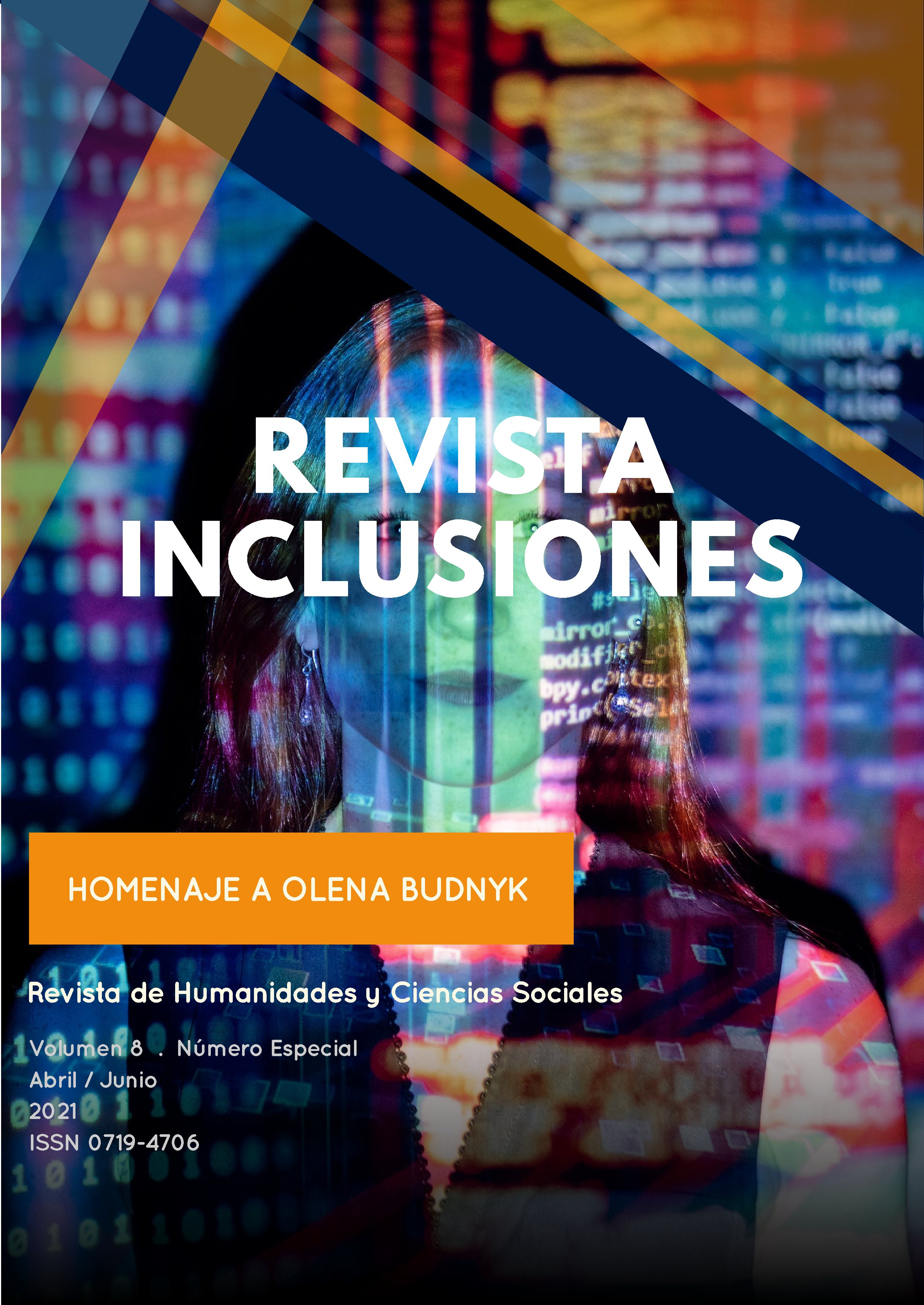THE IMPORTANCE OF THE EVIDENCE CUSTODY CHAIN FOR THE DUE LEGAL PROCESS IN THE SEARCH FOR THE CONSOLIDATION OF HUMAN RIGHTS IN THE BRAZILIAN CRIMINAL PROCESS
Abstract
The research deals with the chain of custody of evidence in the Brazilian Criminal Procedure. The
Federal Constitution of 1988, in Article 5, item LIV, provides for the right to due process. Taken as a
principle, due process of law encompasses other rights, such as the adversary, the broad defense,
the reasonable duration of the process, among others. Evidence is the axis that sustains the criminal
process, whether for the conviction or the acquittal of the defendant. In this sense, the chain of
custody is the procedure that aims to register and maintain the identity of the evidence collected in
an investigation, in a chronological manner, from the moment the evidence is collected until it is
analyzed by the judge. This procedure serves to preserve the evidence and a breach in that chain
can result in the partial or total nullity of the criminal proceedings. This research aims to analyze the
influence of the chain of custody of the evidence for the realization of the constitutional right to due
legal process and in the consolidation of human rights in the Brazilian criminal process. The
methodology used is the bibliographic review, especially the analysis of theses, dissertations, books
and articles on the subject. The results are that the Brazilian Criminal Procedure is guided by the
constitutional principle of the presumption of innocence, therefore, the evidence in the criminal sphere
assumes special relevance. Initially, it is concluded that the satisfactory implementation of the chain
of custody of evidence in criminal proceedings influences the realization of the right to due legal
process and assists in the search for the consolidation of human rights in the Brazilian criminal
process and, breaking this chain of custody, it must lead to the nullity of the entire criminal process.
Downloads
Published
Versions
- 06-04-2021 (2)
- 03-03-2021 (1)
How to Cite
Issue
Section
License
Copyright (c) 2021 Drda. Julieta Prado de Faria, Dr. Adegmar José Ferreira

This work is licensed under a Creative Commons Attribution 4.0 International License.
Authors retain copyright and grant Revista Inclusiones the right of publication under Creative Commons Attribution 4.0 International (CC BY 4.0). This allows use, distribution, and reproduction in any medium, provided proper attribution is given to the author.











